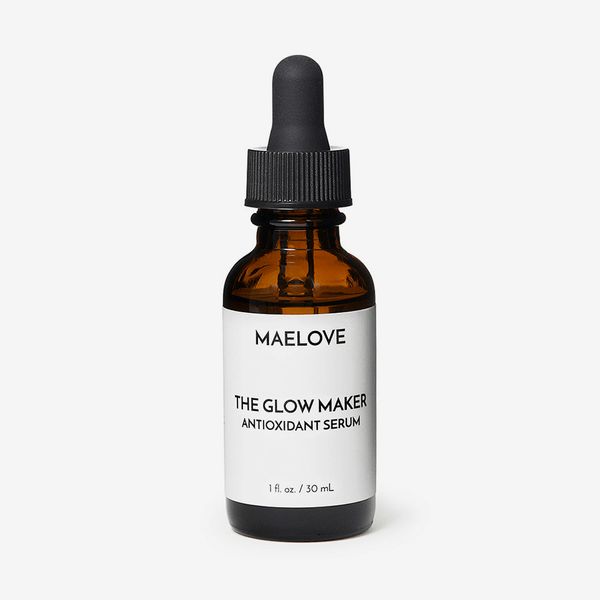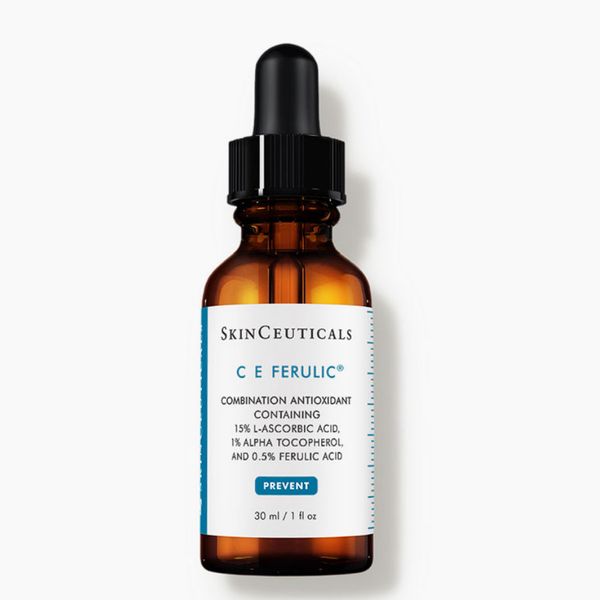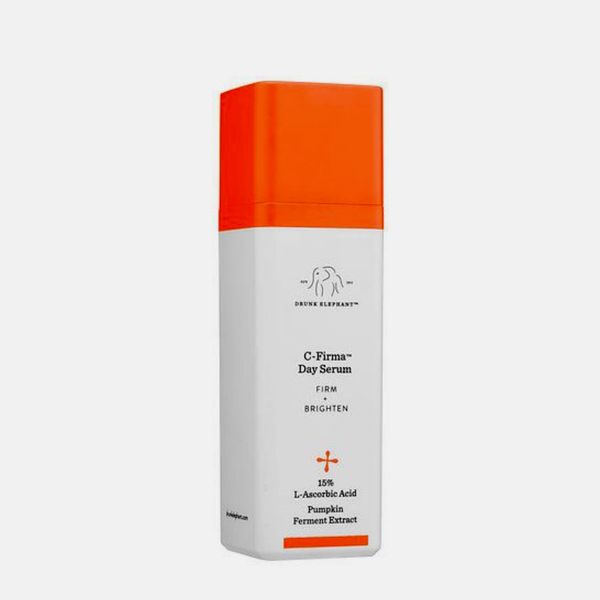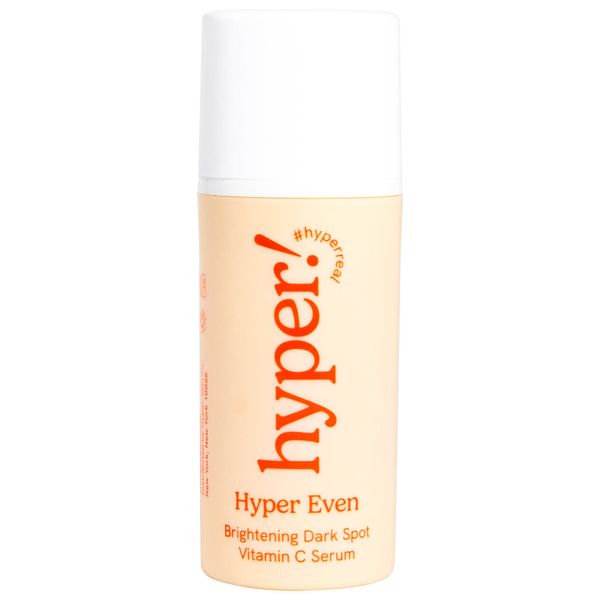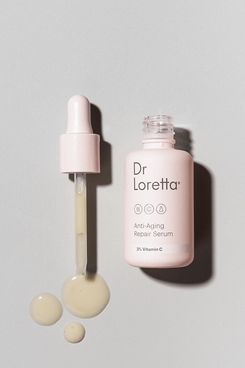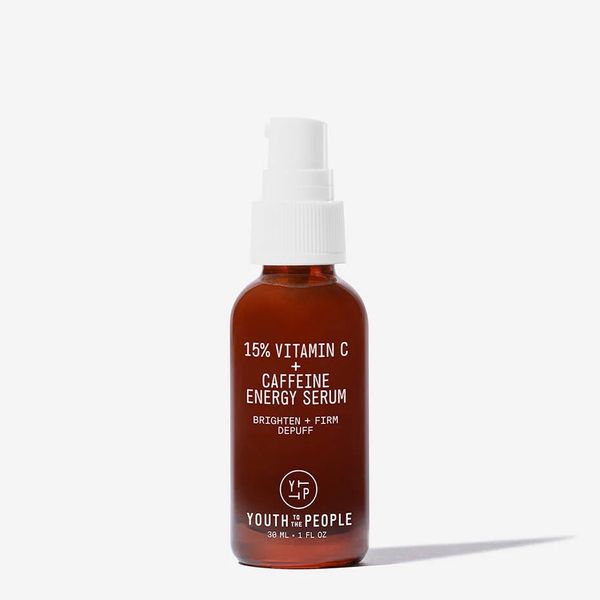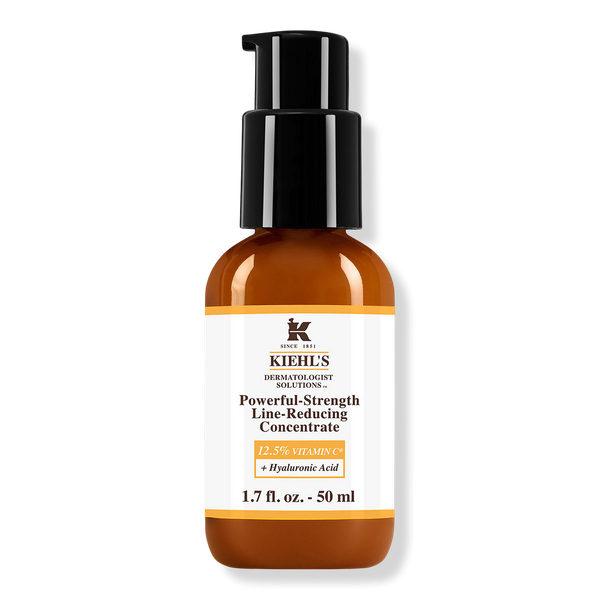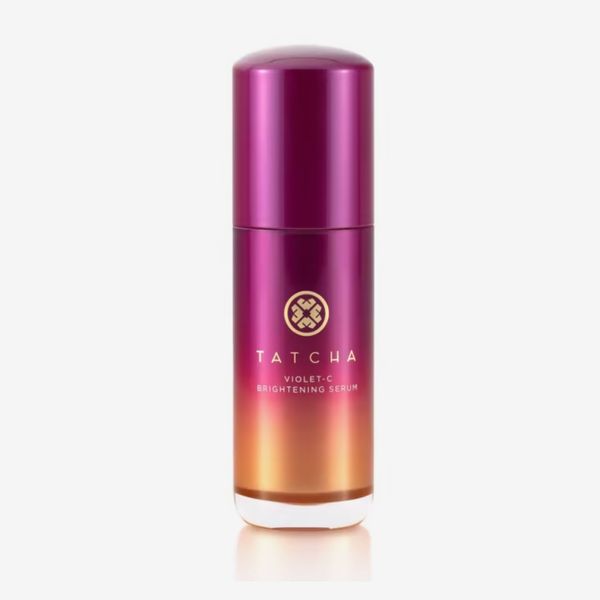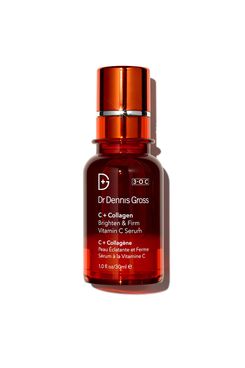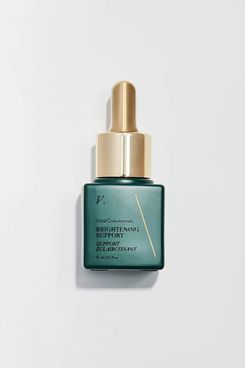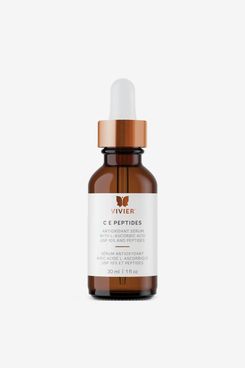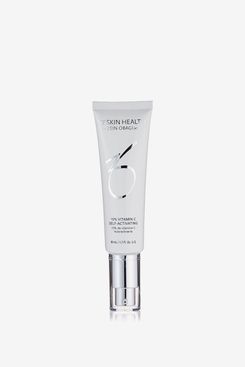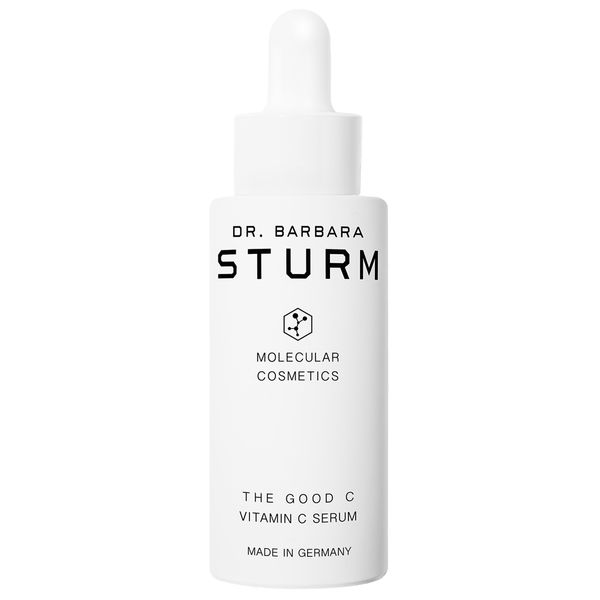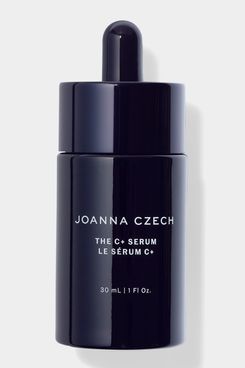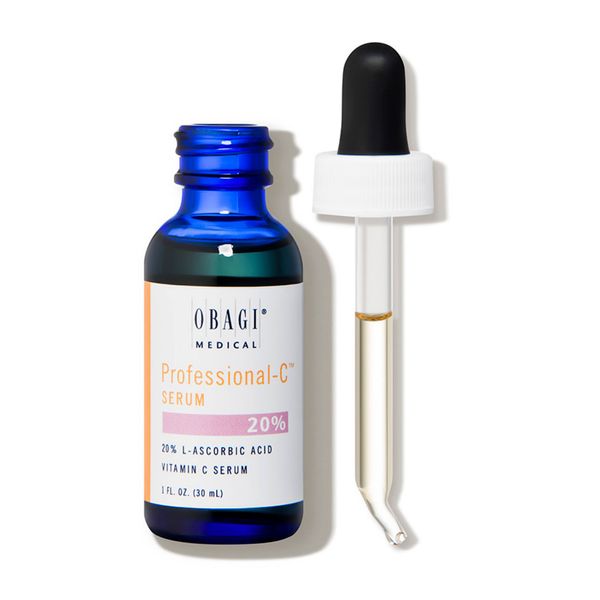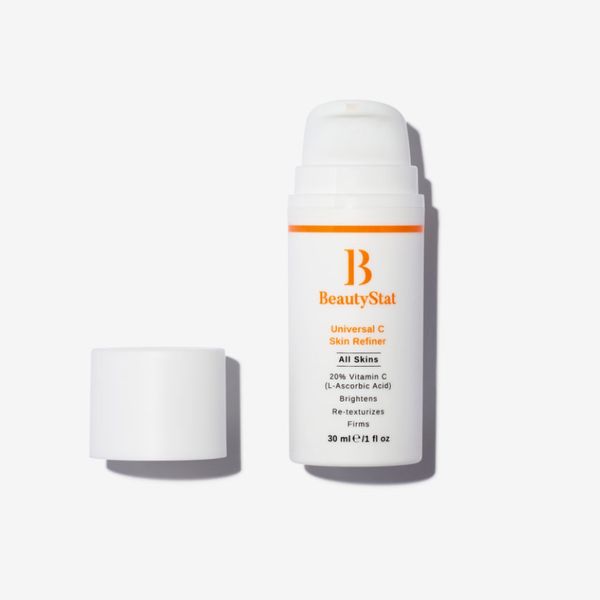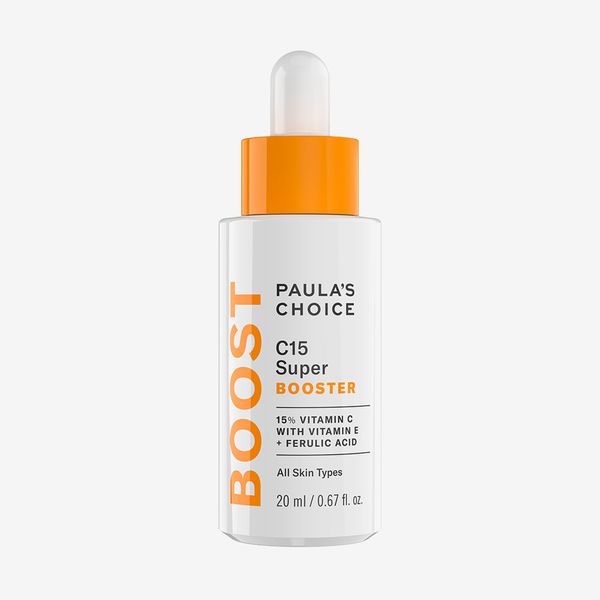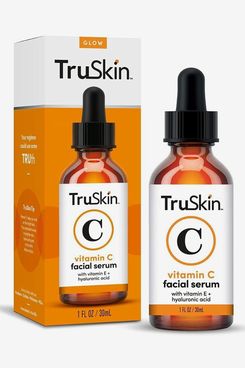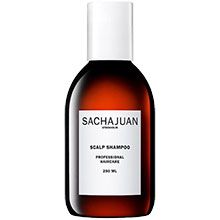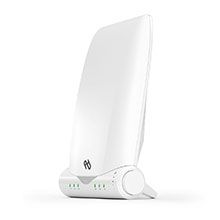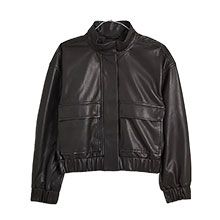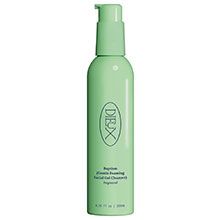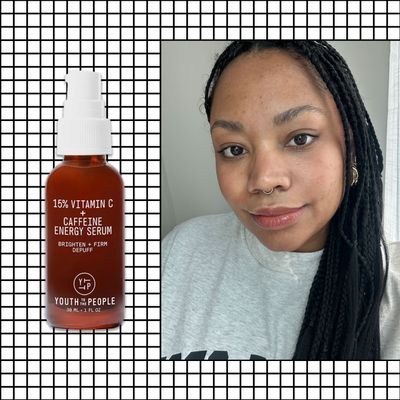
For more of the Cut’s favorite fashion, beauty, and home finds, sign up for the weekly Cut Shop Newsletter.
As a shopping editor who covers beauty, I’ve had many conversations with dermatologists and aestheticians about skin-care routines. The one thing they always recommend? Vitamin C. Despite the serum formulas smelling like hot dogs, the antioxidant is pretty much an all-in-one, targeting hyperpigmentation, fine lines, and sun damage. However, there’s a lot to consider when trying them out.
Since nobody wants to mess up their skin barrier, we reached out to Dr. Angela Lamb, M.D., Dr. Dusan Sajic, M.D., Ph.D., Dr. Loretta Ciraldo, M.D., F.A.A.D., and Dr. Ashley Magovern to help you pick the right vitamin-C serum for your face. Plus, I’m also sharing the ones I and the Cut Shop team have tried and incorporated into our routines.
SO, YOU WANT A VITAMIN C SERUM?
➼ FAQs
➼ Our top picks
➼ Tried-and-true favorites
➼ Our Experts
.
Our top picks
The Affordable Favorite
Key ingredients: 15 percent L-ascorbic acid, vitamin E, and ferulic acid
Best for: All skin types
Size: 1 fl oz.
Another Cut favorite we’ve raved about before. This has a similar ingredients list to the Skinceuticals product above: 15 percent L-ascorbic acid, vitamin E, and ferulic acid, at a fraction of the price.
The Cult Favorite
Key ingredients: 15 percent L-ascorbic acid, vitamin E and ferulic acid
Best for: All skin types
Size: 1 fl oz.
The pricey cult-favorite serum comes highly recommended by derms, Cut staffers, and pretty much everyone else. This is a powerful combo of ingredients, which we guess contributes to the price tag. It has 15 percent L-ascorbic acid and a blend of additional antioxidants that help protect, smooth, and brighten.
The DIY Version
Key ingredients: 15 percent L-ascorbic acid, vitamin E, and ferulic acid
Best for: All skin types
Size: .94 fl oz.
This is one of Lamb’s favorites for the opaque packaging and combination of ingredients (15 percent L-ascorbic acid, vitamin E, and ferulic acid). It comes in two separate parts that you mix before your first use for the freshest product each time and the best results.
The Best for Targeting Hyperpigmentation
Key ingredients: 15 percent L-ascorbic acid, hyaluronic acid, and kojic acid
Best for: All skin types, hyperpigmentation
Size: 1 fl oz.
As someone who’s had many not-so-great experiences with vitamin-C serums, this one is one of my favorites. Along with 15 percent vitamin C, it also features kojic acid, a favorite for fading dark spots.
The Best for Mature Skin
Key ingredients: Tetrahexyldecyl ascorbate, and algae extracts
Best for: Mature skin
Size: 1 fl oz.
Featuring tetrahexyldecyl ascorbate, this recommendation from Ciraldo is for those with mature skin since it has ingredients like marine algae extracts to support hydration and elasticity in the skin.
The One With Caffeine
Key Ingredients: 15 percent vitamin C (ethyl ascorbic acid, tetrahexyldecyl ascorbate, and magnesium ascorbyl phosphate), yerba mate and guayusa
Best for: All skin types
Size: 1 fl oz.
Vitamin-C serums really can do almost anything, and this one does a little more. With added caffeine that you’d usually find in smoothing and depuffing eye serums, this serum promises to improve circulation and ease some of that morning puffiness, so maybe you can skip the ice roller.
.
More tried-and-true options
A Good Nonirritating Option
Key ingredients: 10.5 percent L-ascorbic acid, 2 percent ascorbyl glucoside, and hyaluronic acid
Best for: All skin types
Size: 1.7 to 3.4 fl oz.
Features writer Matthew Schneier’s favorite is within the 12.5 percent, nonirritating range. He likes that despite its thick texture and potent formula, it doesn’t irritate his skin or make him break out.
The Exfoliating One
Key ingredients: 20 percent vitamin C derivative blend, and AHAs
Best for: All skin types
Size: 1 fl oz.
Fashion and beauty writer Asia Milia Ware’s favorite comes from Tatcha. Besides being one of the most aesthetically pleasing bottles on this list, it has 20 percent vitamin C to target skin texture and hyperpigmentation.
The Brightening Booster
Key ingredients: 15 percent L-ascorbic acid, niacinamide, and lactic acid f
Best for: Combination skin
Size: 1 fl oz.
Ware also recommends this brightening and firming serum from Dr. Dennis Gross. The active ingredient is a stabilized form of vitamin C, 3-O-Ethyl ascorbic acid, along with amino acids for elasticity and niacinamide to aid in brightening.
The Safe One
Key ingredients: Ascorbyl glucoside
Best for: All skin types
Size: 0.5 fl oz.
Ascorbyl glucoside is the key ingredient in this favorite from Lamb. “The formula is boosted by garland lily extract, which protects the skin from UV and blue light, and it also contains hyaluronic acid to deeply hydrate for radiant luminous skin,” she explains. “It excludes all endocrine-disrupting ingredients and therefore is safe to use when pregnant or breastfeeding.”
The Collagen-Boosting One
Key ingredients: 10 percent L-ascorbic acid and peptides
Best for: Sensitive skin
Size: 1 fl oz.
Featuring a low but not too low percentage of L-ascorbic acid (10 percent), this recommendation from Sajic is on the gentler side — but reviewers also love the collagen-boosting peptides that help smooth skin.
The Moisturizing One
Key ingredients: 10 percent ascorbic acid, squalane, and tetrahexyldecyl ascorbate
Best for: All skin types
Size: 0.67 to 1.7 fl oz.
Featuring tetrahexyldecyl ascorbate and additional antioxidants for skin protection, you’ll also find squalane in this pick from Sajic.
The Beauty-Editor Favorite
Key ingredients: 5 percent tetrahexyldecyl ascorbate, aloe, and hyaluronic acid
Best for: Sensitive skin
Size: 1 fl oz.
Former beauty director-at-large Maya Allen’s favorite is this gentle formula with 5 percent tetrahexyldecyl ascorbate, and aloe and hyaluronic acid for hydration.
The One Worth Saving Up For
Key ingredients: Tetrahexyldecyl ascorbate for hydrating and babbu and marula oils
Best for: Sensitive skin and hyperpigmentation
Size: 1 fl oz.
If you’re really willing to splurge, this serum from the facialist to the stars is recommended by Allen. With more of an oily texture, the tetrahexyldecyl ascorbate formula also features a number of anti-inflammatory ingredients and oils like hempseed to help keep skin moisturized.
The Extra-Strength One
Key ingredients: 20 percent L-ascorbic acid
Best for: Experienced skin
Size: 1 fl oz.
At 20 percent L-ascorbic acid, this serum isn’t beginner-friendly but comes recommended by Dr. Magovern. While she usually wouldn’t recommend a high percentage of this powerful ingredient, she explains that this formula provides, “all of the great benefits of a vitamin-C serum but it includes hyaluronic acid to combat any dryness you may experience from a potent ingredient.”
The Lightweight Option
Key ingredients: 20 percent L-ascorbic acid, squalane, and tartaric acid
Best for: All skin types
Size: 1 fl oz.
A similar rec from Dr. Magovern is this one from BeautyStat. The gel-cream formula is lightweight and has long-lasting results from the ingredients that help balance the L-ascorbic acid, such as squalane for moisture and “tartaric acid, which provides the optimum pH level for skin absorption,” she explains.
Another More Affordable Option
Key ingredients: 15 percent L-ascorbic acid
Best for: All skin types
Size: 0.67 fl oz.
Paula’s Choice is a favorite for high-quality formulas, and this pick from Dr. Magovern is no different. “It brightens a dull complexion and improves the appearance of fine lines and wrinkles, and the concentrated formula is made for all skin types, especially those with sensitive skin,” Magovern explains.
The Amazon Favorite
Key Ingredients: Sodium ascorbyl phosphate
Best for: All skin types
Size: 1 fl oz.
This beloved serum has over 100,000 reviews from loyal users. The gentle form of vitamin C is boosted with hydrating hyaluronic acid that reviewers say has brightened and smoothed their skin over time without any irritation.
.
FAQs
What should you be looking for in a vitamin-C serum?
Before you beeline to the cute packaging, you need to look at the ingredients list. There are many forms of vitamin C. The most effective one? L-ascorbic acid, specifically between 10 and 20 percentage, because L-ascorbic can be irritating and unstable.
Another form of vitamin C is tetrahexyldecyl ascorbate. Ciraldo favors this one since it’s more stable and less irritating than L-ascorbic acid. Plus, it’s beneficial for fine lines and collagen. She recommends seeking out a percentage of 2 to 3. Last but not least, we have ascorbyl glucoside, which is another more stable, less irritating form of vitamin C that’s easily absorbed into the skin. (Don’t worry about taking notes. We have plenty of recommendations, below.)
Does the packaging of my vitamin-C serum matter?
Yes. Vitamin C is sensitive to light and air and, if packaged improperly, that could cause it to oxidize faster and in turn be less effective. The rule of thumb all that our experts agree on is that your vitamin-C serum should be in a dark or tinted bottle with a dropper to keep light and air out.
Where should I store my vitamin-C serum?
Since it’s such a sensitive ingredient, you’re going to want to avoid the aesthetic sunlit beauty shelves. (Sorry!) “It is important to store it in a dark, cool place, away from sunlight and heat,” Sajic explains. If you have or have been looking for an excuse to get a skin-care fridge, Lamb says that’s also a good option if you want to be extra cautious.
How often should I use a vitamin-C serum?
You can use vitamin C daily, just not immediately. Start using it a few times a week in the morning (after you cleanse and before you moisturize), depending on your skin’s tolerance and serum concentration. And as usual, always wear sunscreen after you’re done.
What ingredients shouldn’t be mixed with vitamin C?
The most important question of them all. We’d all like to fast-forward to the part where we have smooth and clear skin, but piling on ingredients on ingredients will have the opposite effect. Here’s the TL;DR on the ingredients you should avoid when using your vitamin-C serum:
- Retinol: If you’re using retinol and vitamin C as part of your nightly routine, Lamb recommends alternating nights or using your vitamin-C serum in the morning only.
- Exfoliants: These are your alpha hydroxy acids (AHAs) and your beta hydroxy acids (BHAs). “Avoid using vitamin C with benzoyl peroxide, and alpha hydroxy acids (AHAs) such as glycolic acid, as they can cause irritation,” Sajic explains. Simply switch up the days you’re using your products to obtain maximum results.
Can I use vitamin-C serum if I have eczema or rosacea?
Lamb explains that there is a chance that those with sensitive skin may experience some irritation from vitamin-C serums. So you might want to approach with care. If you don’t want to risk it and want to skip the vitamin-C serums altogether, a good alternative, according to Lamb, is niacinamide. “Both vitamin C and niacinamide decrease damage from environmental factors, but niacinamide is more gentle,” she says.
Does vitamin C help with acne?
“Vitamin C is a great ingredient to combat acne as well as residual blemish marks,” Dr. Magovern explains. “The active can help control the production of acne-causing sebum, as well as reduce inflammation, redness, and hyperpigmentation.”
If you want to use vitamin-C serums for acne, she recommends starting with 15 percent L-ascorbic acid and easing your way up to 20 percent. She also suggests starting with a formula that specifically targets acne, like SkinCeuticals Silymarin CF which includes acne-fighting salicylic acid.
.
Our Experts
- Dr. Angela Lamb, M.D., board-certified dermatologist, associate professor of Dermatology at Mount Sinai
- Dr. Dusan Sajic, M.D., Ph.D., a dual board–certified dermatologist in dermatology and anti-aging medicine
- Dr. Loretta Ciraldo, M.D., F.A.A.D., a board-certified dermatologist and founder of Dr. Loretta Skincare
- Dr. Ashley Magovern, board-certified dermatologist and medical advisor for Dermstore

